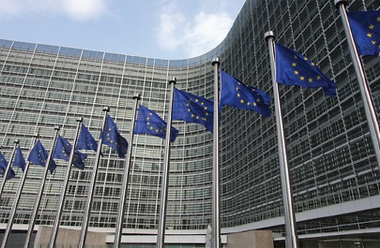The European Commission’s plan for pan-European personal pensions (PEPP) is a poorly designed initiative potentially unable to benefit consumers or the Continental economy, according to Insurance Europe.
The industry association also questioned whether the proposals risked introducing an uneven playing field between personal pension products offered by insurers and providers under no obligation to comply with Solvency II, a situation it said would be to the detriment of consumers.
Overall, however, the association was supportive of the Commission’s proposal for a PEPP, arguing that the goals envisaged for the Capital Markets Union would be aided by the launch of a new group of long-term investors.
It nevertheless said it had “strong reservations” about some of the ways the Commission said a pan-European system could be brought about.
“In particular,” Insurance Europe added, “the EC’s proposals do not give proper consideration to key product features that have proven instrumental in providing European citizens with tailored retirement solutions.
“Moreover, the EC does not address the complex relations between the EU policy options and areas falling under national competence. The European insurance industry fears that a poorly designed regulatory initiative could bring benefits to neither consumers nor the EU economy.”
It said the Commission had failed to examine the interplay of member state contract and tax law, or the importance of social and labour law to pensions policy, to explain how any personal pension system spanning all member states could work in practice.
Insurance Europe still backed the introduction of the PEPP, with the caveat that the Commission base the design on the work undertaken by the European Insurance and Occupational Pensions Authority (EIOPA) earlier this year.
“We maintain that this initiative – with all necessary improvements to it – may increase the volume of personal pension products sold throughout Europe and increase the allocation of funds to long-term illiquid investments,” it said.
“However, demand for this product in each market is likely to depend on its maturity and how issues related to taxation can be solved.”
But the initiative has not been welcomed by all, and the Dutch government has repeatedly questioned the need for the PEPP’s introduction.








